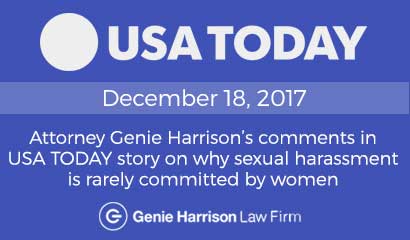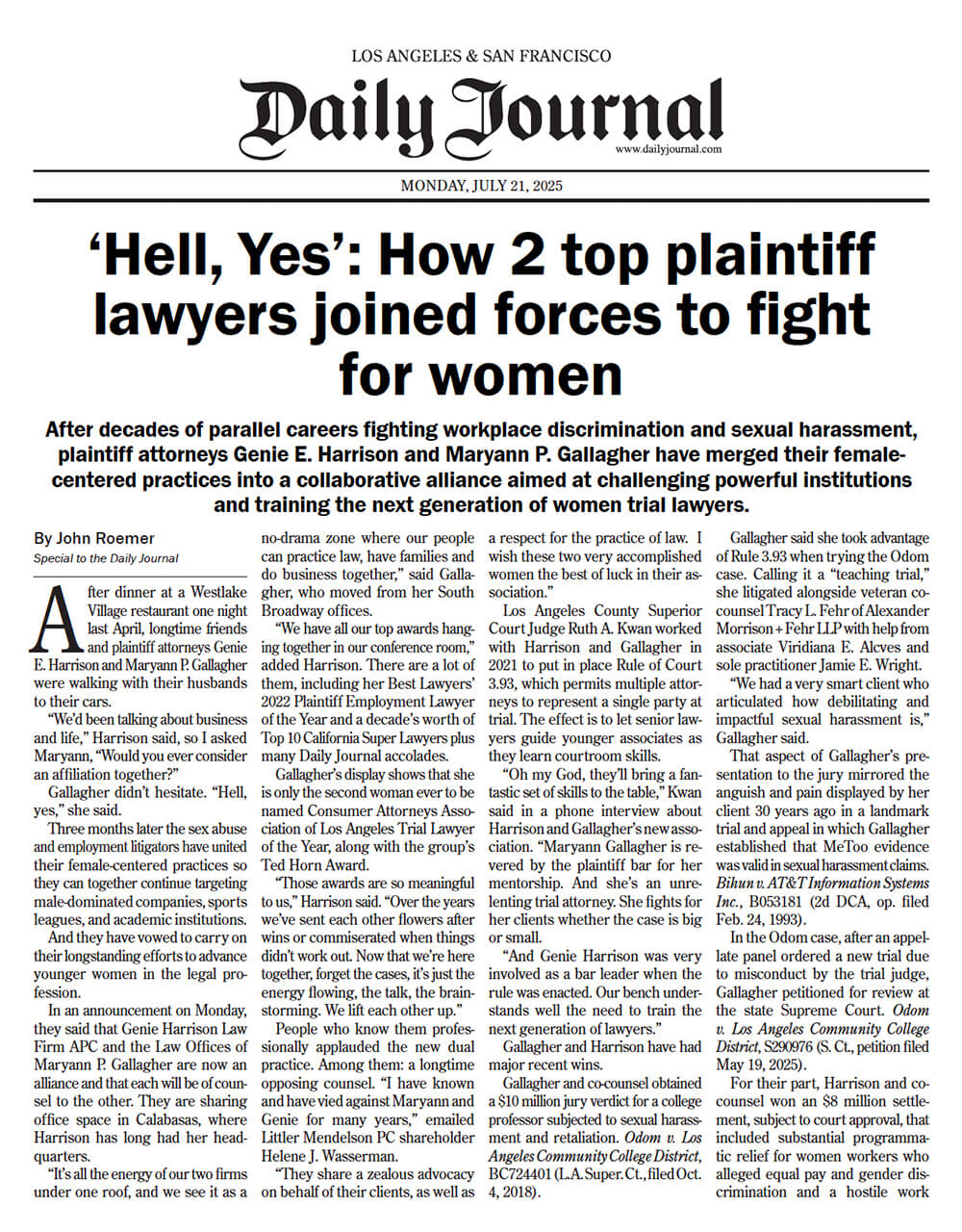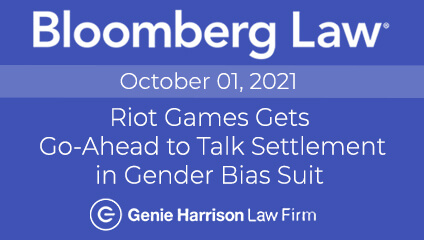Women are rarely accused of sexual harassment, and there’s a reason why
December 18, 2017 — by Maria Puente, USA Today
Here are some excerpts from the story:
In the fire-hose torrent of sexual harassment scandals we are staggering under these days, one thing stands out as a common factor in all the cases: The accused are men.
“One of the reasons it is men who harass women, and sometimes other men, is that this is about power and overwhelmingly (workplace) upper management is male, so the positions of power are disproportionately occupied by men and the bottom is disproportionately occupied by women,” says Abigail Saguy, professor of sociology and gender studies at UCLA and author of the 2003 book, What is Sexual Harassment?
You may be thinking at this point… well, duh, this is something we all know instinctively. Women don’t do this kind of thing — grope, talk dirty, assault, sexually coerce, even rape their work colleagues. It’s a Y chromosome kind of thing, right?…
But not so fast. Franklin Raddish, a Southern Carolina Baptist pastor with a nationwide following, last month declared, as a means of supporting Alabama U.S. Senate candidate Roy Moore (who lost Tuesday), that accusations of sexual harassment against men in politics and Hollywood amounted to a “war on men.”
“More women are sexual predators than men,” opined Raddish. “Women are chasing young boys up and down the road, but we don’t hear about that because it’s not PC.”
He provided no evidence of this because, well , there isn’t any.
… There are few numbers available about women sexual harassers, and some of the numbers available are more than a decade old.
“It is extremely rare — it does happen but it is extremely rare,” says Genie Harrison, a Los Angeles-based attorney who specializes in workplace sexual-harassment cases. “Men can be victims and women can be abusers, and I’ve represented victims where a woman was the harasser, but I would say it’s at best a 99.9%-to-.01% ratio.”
Various government agencies, such as the military, the federal employee system or the Equal Employment Opportunity Commission, keep track of complaints of workplace sexual harassment but they generally focus on the accusers, not the accused.
— In the most recent data available from the EEOC, there were 6,758 complaints of sexual harassment allegations received by the commission in 2016, and a little more than 16% were filed by men. But the data don’t say who did the harassing — a woman or another man.
Moreover, EEOC data do not provide a comprehensive picture of the entire country. Plus, the agency estimates that most people, male or female, who have experienced harassment (more than 80%) never file a formal complaint about it…
CLICK HERE > for the entire story in USA Today.







